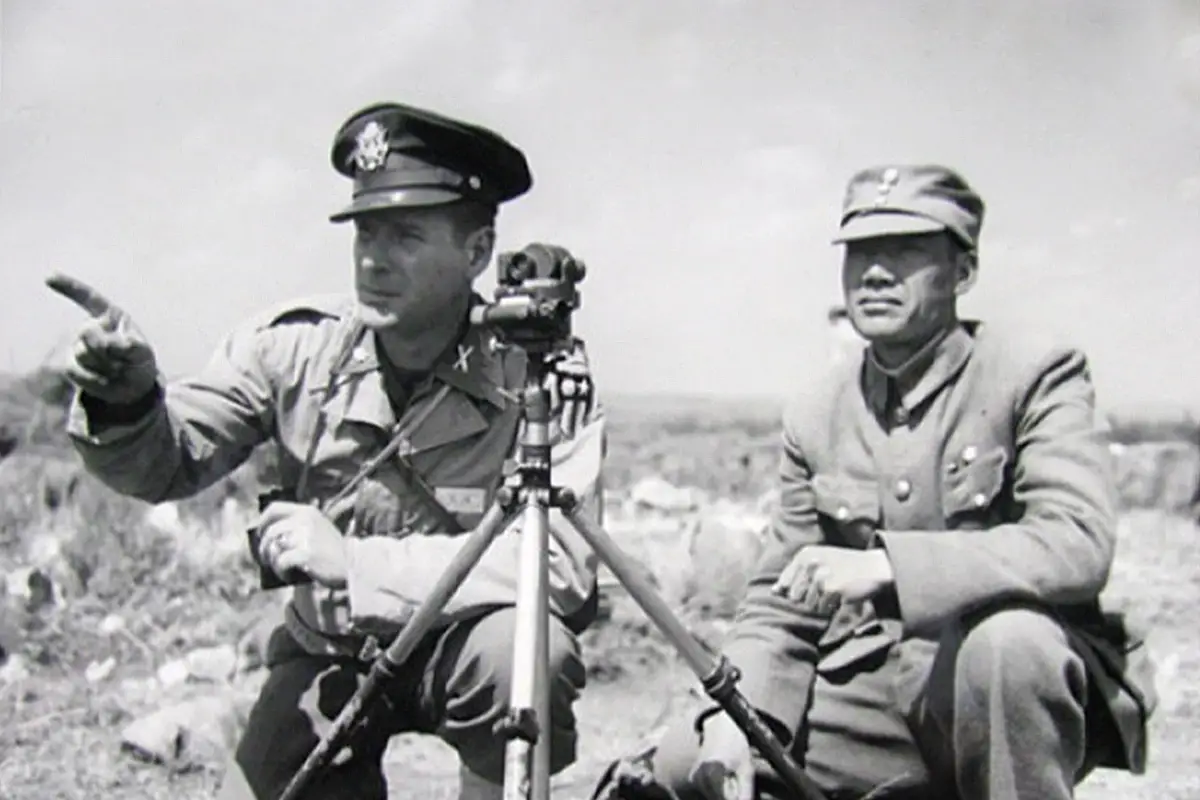As law enforcement agencies navigate the COVID-19 pandemic and increased calls for social justice after the death of George Floyd in May 2020, agencies with robust community engagement programs have had more successful public health education efforts and have maintained continuity of care with hard-to-reach communities. Still, some challenges remain for these agencies. The Hennepin County Sheriff’s Office (HCSO) and its law enforcement and community partners are facing these challenges head on.
Hennepin County is the most populous county in Minnesota, with just under 1.3 million residents. Over 450,000 residents speaking a second language—including Spanish, Somali, Arabic, Polish, Hmong and Vietnamese. Before the COVID-19 pandemic, HCSO, under the leadership of Sheriff David Hutchinson, saw the continuing need to build stronger, more trusting relationships with all the communities it serves. To meet this need, in 2020, HCSO formed a new Community Outreach Division staffed with a captain, several licensed peace officers and civilians. Its efforts include outreach to youth, in-person educational outreach, social media platforms, water safety awareness and partnering with other organizations to focus on livability issues for the most vulnerable residents in the county. This division also maintains continuous engagement with diverse organizations and community leaders of color.
Community education & COVID-19 guidance. During the early stages of the COVID-19 pandemic, HCSO determined that a community education, rather than enforcement, approach was the best way to fully convey the effects of the pandemic on vulnerable populations. Using its previously existing relationships, HCSO was able to reach out to vulnerable populations that would be hardest hit by the pandemic. HCSO invited Somali and Muslim Imams from across Minnesota, not just Hennepin County, to a virtual meeting to provide more education about the pandemic and discuss strategies for keeping their communities safe. County officials, public health officials and HCSO worked together to visit homeless encampments to deliver food, face masks and personal protective equipment (PPE), with the goal of educating people experiencing homelessness about the pandemic.
Effects of COVID-19 on community engagement. While HCSO was able to adapt much of its community engagement efforts to a virtual platform, certain interactions just cannot be substituted in a virtual format. For example, HCSO’s Senior Community Engagement Specialist, Abdi Mohamed, has received multiple calls about the jail tours and Citizen Academies that HCSO usually hosts. During these events, HCSO discusses gang violence and opioid issues and works on recruitment for youth interested in careers in law enforcement. However, HCSO currently can only engage with youth via Zoom or telephone.
The pandemic has also forced HCSO to use technology to engage with hard-to-reach populations. While many segments of the population in Hennepin County have been able to adapt to the virtual lifestyle, some residents have not had access. Since the libraries, community centers, mosques and coffee shops are closed, the pandemic has posed new challenges for community engagement, particularly in cultures that value one-on-one relationships.
Regional challenges and the importance of having strong community ties. The killing of George Floyd by a now-former Minneapolis Police Department (MPD) officer in Hennepin County sparked social unrest around the world. The pandemic affected law enforcement agencies’ abilities to engage with their communities, forcing them to rely largely upon existing relationships to navigate the period of social unrest. The extensive work HCSO has undertaken to deepen its community relationships proved beneficial to the safety of both the officers and the community, as community leaders exercised their first amendment rights while also stepping in to help mitigate others’ unsafe actions during the period of civil unrest.
In 2017, when a Somali MPD officer was arrested and later convicted of shooting a U.S.-Australian dual citizen, HCSO conducted outreach to immigrant communities to shed light on the criminal justice process and the roles of some of the key stakeholders, such as the Sheriff, county attorney and judges. This outreach and education helped to ease residents’ fears about the criminal justice system.
HCSO’s robust community engagement program can serve as a model for law enforcement agencies nationwide. The agency’s ability to educate residents about the COVID-19 pandemic, disseminate PPE and work within its well-established relationships with the community to navigate a virtual environment, all during periods of social unrest, sets a standard for other law enforcement agencies looking to engage with their communities.
Jessica Dockstader is a Research Specialist in CNA’s Center for Justice Research and Innovation, where she supports various federally funded training and technical assistance and research criminal justice projects.
Tom Woodmansee is a Senior Advisor at CNA. Prior to joining CNA, he worked for the Madison, Wisconsin, Police Department for 25 years. Mr. Woodmansee worked as a patrol officer and an undercover narcotics officer and spent 13 years as a detective.
Abdi Mohamed grew up in Somalia and now works as the Senior Community Outreach Liaison on the Hennepin County Sheriff's Office community engagement team. Mr. Mohamed worked with Ms. Dockstader and Mr. Woodmansee on an assessment of the Hennepin County Sheriff’s Office community engagement practices during the COVID-19 pandemic.


